About the Author

David Didau is a freelance writer, blogger, speaker, trainer and author. He started his award-winning blog, The Learning Spy, in 2011 to express the constraints and irritations of ordinary teachers, detail the successes and failures within his own classroom, and synthesise his years of teaching experience through the lens of educational research and cognitive psychology. Since then he has spoken at various national conferences, has directly influenced Ofsted and has worked with the Department for Education to consider ways in which teachers workload could be reduced. After 15 years teaching in UK state schools, David Didau is now a freelance trainer, education consultant, conference speaker, provocateur and writer. His award-winning blog, The Learning Spy, is (apparently) one of most influential education blogs in the world and he is also the author of the best-selling books The Secret of Literacy, What If Everything You Knew About Education Was Wrong? and Making Kids Cleverer. He has also co written, with Nick Rose, What Every Teacher Needs To Know About Psychology.
His training has been described variously as being “like bottled lightning”, “throwing a grenade into a still pond” and “quite good”. For more, visit https://learningspy.co.uk/training
– Professor Rebecca Allen, Director of Centre for Education Improvement Science, UCL Institute of Education
David Didau has done it again! ‘Making Kids Cleverer’ is an engaging, highly readable analysis of the latest research on how we learn and what we can do to improve the achievement of our pupils.
Like his previous books, David’s latest offering contains many strong claims. Your initial reaction, like mine, may be that he has made these claims for effect, but he sticks so closely to the research evidence that you have to take his arguments seriously.
Anyone involved in the care and education of children and young people would gain a huge amount from reading this book. Highly recommended.
– Dylan Wiliam, Emeritus Professor of Educational Assessment, University College London
In ‘Making Kids Cleverer’ David Didau provides us with a brilliant and accessible account of why knowledge is opportunity, and of how we can increase children’s knowledge through a thoughtful and scientific approach to schooling.
More than ever, children need a core set of ideas, facts, procedures and other forms of knowledge in order to help them navigate the ever-changing work environment they will encounter and to fully participate in the many opportunities afforded by the modern world. In this book, Didau offers an incisive argument for the importance of knowledge and a solid framework for how to improve the knowledge base of all children.
‘Making Kids Cleverer’ will be an invaluable resource for parents, teachers and policy makers.
– David C. Geary, Curators’ Distinguished Professor, Department of Psychological Sciences, University of Missouri
Written with great precision and clarity, and with a good dash of humility and humour too, ‘Making Kids Cleverer’ is a truly magnificent manifesto. Everything David Didau says chimes deeply with what I know to be true and what I am trying to accomplish in our schools, and I am of course cleverer now than I was before reading it. It is an absolute joy to read, and an incredibly timely tour de force that can, and should, have a national impact.
A must-read for everyone in education, from trainee teachers to inspectors and policy makers.
– Lady Caroline Nash, Director, Future Academies
David Didau’s latest edu-blockbuster is a compelling and endlessly fascinating read. Weaving together a wealth of evidence and ideas – from the philosophical to the practical – Didau confronts the taboo topic of intelligence head-on. Didau shows us that by teaching children powerful, biologically secondary knowledge we not increase their intelligence but also prepare them for happiness, wealth and whatever adult life throws at them.
I have not read another education book that brims with as much insight and stimulating thought as this. Every page serves up a new surprise or gentle provocation. Making kids cleverer should become the priority of all schools and teachers. A thoroughly recommended read.
– Andy Tharby, English teacher author of ‘Making every lesson count’ and ‘How to explain absolutely anything to absolutely anyone’



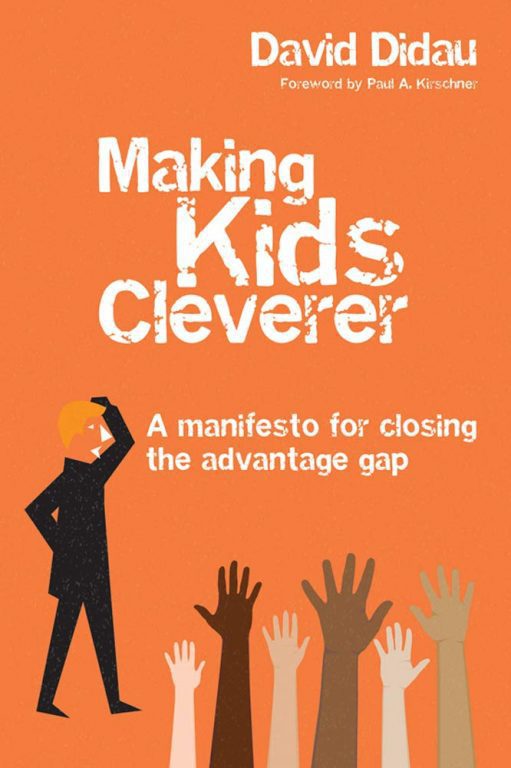

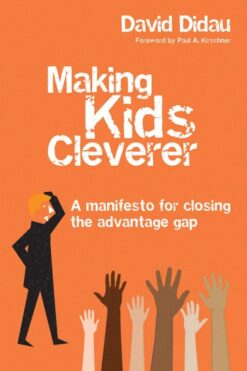
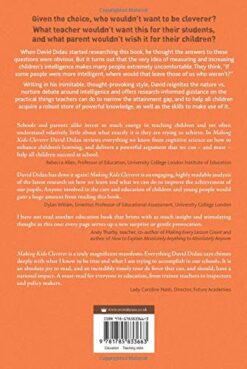



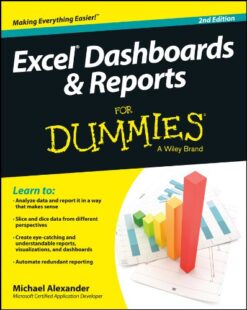
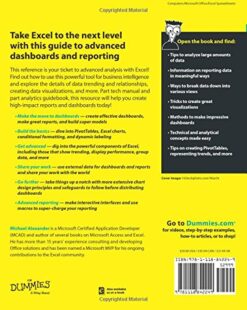
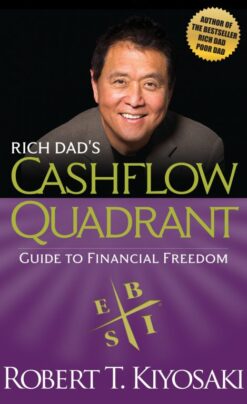
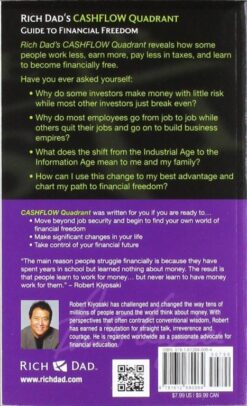

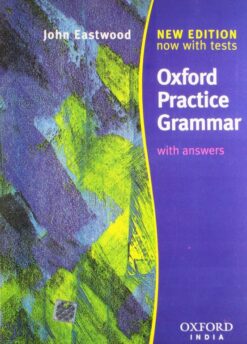
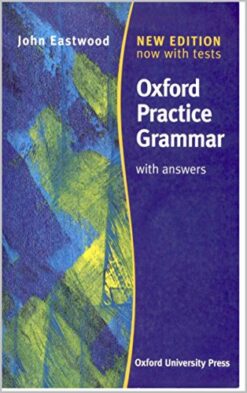
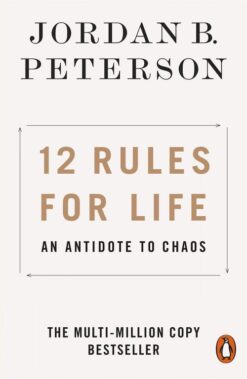
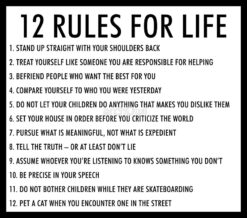
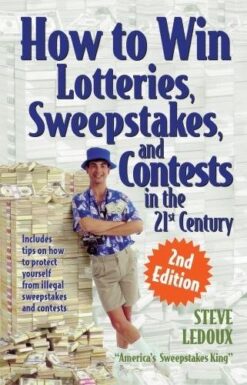

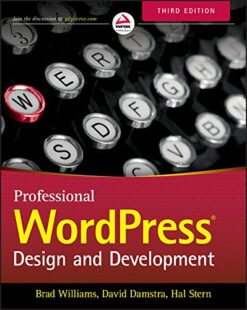
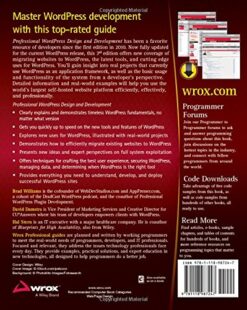
Reviews
There are no reviews yet.